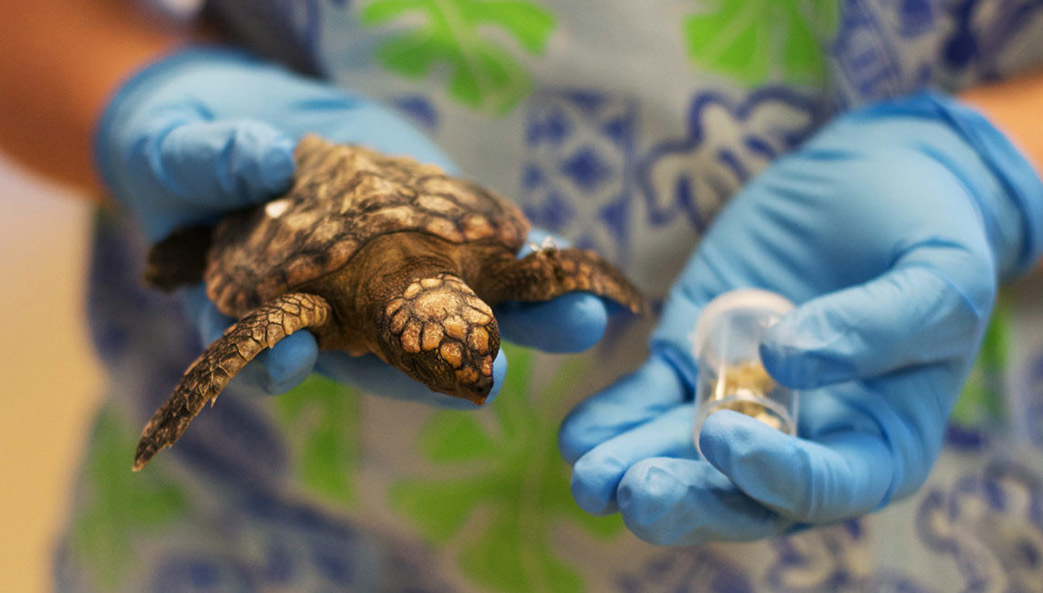Food Chain Sea Turtle Biology Diagrams The Food Chain Sea Turtle plays a crucial role in maintaining the health of our oceans. From hatchlings to adults, these ancient mariners have distinct dietary preferences, impacting the delicate balance of marine ecosystems. Understanding what sea turtles eat and how they fit into the larger web of life is vital for their conservation. The food chain of a sea turtle encompasses various trophic levels, starting with the primary producers like phytoplankton and algae. These organisms form the base of the food web, providing energy for herbivorous sea turtles and other grazing animals. Climate change further exacerbates these issues by altering ocean temperatures and The ocean is a complicated place dense with life, feeding other life.Subscribe: http://bit.ly/BBCEarthSubWATCH MORE: New on Earth: https://bit.ly/2M3La96 Oce

The Sea Turtle Food Chain is a fascinating web of life, showcasing the interconnectedness of ocean ecosystems. From tiny hatchlings to majestic adults, sea turtles play a vital role in maintaining the delicate balance of their marine habitats. Let's dive deep into the world of these ancient mariners and explore their place within the complex sea turtle food chain. This diversity is one way sea turtles play an important role in the health of ocean and coastal ecosystems. By consuming different species, sea turtles provide checks and balances in the food web. As adults, flatback and olive ridley sea turtles are both omnivores, eating a variety of animals and plants. Frequently Asked Questions About Sea Turtles on the Food Chain What do sea turtles eat? Sea turtle diets vary depending on the species. Some, like green sea turtles, are herbivores and primarily eat seagrass and algae. Others, like loggerhead turtles, are omnivores and consume a mix of jellyfish, crabs, conchs, and other invertebrates.

What is the sea turtles role in the food chain? Biology Diagrams
The hawksbill sea turtle has a narrow head adapted for getting food from crevices in coral reefs. The jaws of a loggerhead sea turtle are adapted for crushing and grinding. Loggerheads', Kemp's ridleys', and olive ridleys have jaws that are well adapted for crushing and grinding. Their diet consists primarily of crabs, mollusks, shrimps The sea turtle food chain consists of primary producers (phytoplankton, zooplankton), consumers (carnivores, herbivores, omnivores), and decomposers (bacteria, fungi). Sea turtles are omnivorous consumers and scavengers, playing a crucial role in maintaining ecosystem balance. They feed on a variety of prey, including jellyfish, sponges, clams, fish, and seagrass, and their scavenging behavior This chain is a vital part of the marine ecosystem, as it helps to distribute nutrients and energy throughout the ocean. At the base of the sea turtle's food chain are the tiny plants and animals that it eats, such as algae, jellyfish, and small crustaceans. These organisms are then eaten by larger animals, such as fish and squid, which in

